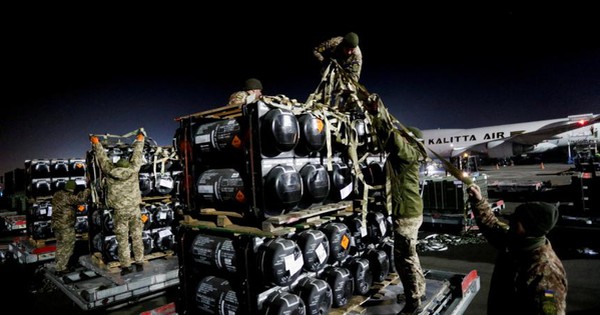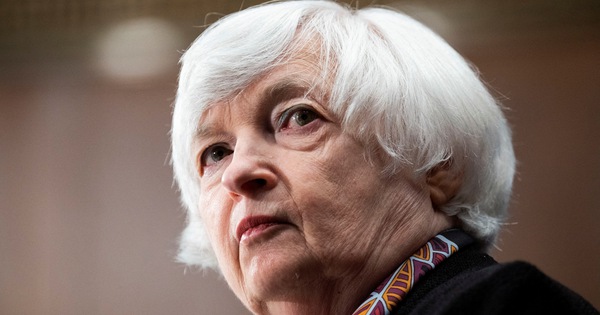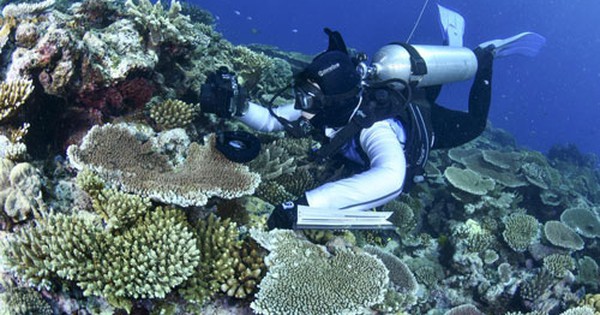The Achilles Heel of Russian Oil
The refusal of European and American companies to insure Russian oil tankers to avoid sanctions violations could make it difficult for the country’s oil industry.
To date, Russia has still largely avoided the impact of the oil embargo of many countries. However, developments in the insurance industry are threatening this, unless Russia and its customers fill the void left by Western insurers.
European and American insurers dominate the international marine market. However, they are denying coverage for Russian tankers, Reuters quoted a source close to said, to avoid violating sanctions that the West is imposing on Russia. Even non-Russian ships run the risk of being denied insurance if they carry Russian oil.
The move by Western insurers could drag down Russia’s efforts to redirect crude oil exports from Europe and the US to Asia. It will create a huge hole in the global energy market, as sanctions are choking the world’s second oil exporter.

The Russian diesel tanker is heading to the port in Purfleet (UK) in early April. Photo:WSJ
The impact of this is forecast to take place in June and July, when existing insurance policies expire, the source said.
“International marine insurers are under pressure not to cover Russian tankers,” said Maria Bertzeletou, an analyst at Signal Maritime Services. hard to avoid”.
Cargo ships need Protection and Indemnity (P&I) insurance to protect against injury or environmental damage claims. Meanwhile, the hull and machinery contract will cover the physical damage.
Although insurers based in countries that buy a lot of Russian oil can still participate, their chances of getting reinsurance will decrease. Reinsurance is a form used by an insurer to transfer part of its liability to another insurer
The marine insurance industry is dominated by European business. The reinsurance market is dominated by American and European companies. These businesses now have to pay attention to a lot of sanctions against Russian banks and shipping lines.
“It is very difficult to determine whether a certain reinsurance claim is not a sanction violation,” said Mike Salthouse, Head of Claims at North (a member of the International Group – an association of insurers that provide insurance coverage). P&I for about 90% of ships at sea) – said.
Government guarantee
Without reinsurance, an oil tanker could need government guarantees to cover obligations that could run into the billions of dollars.
“Some Russian insurers may offer reinsurance programs backed by Russian national funds, China or both,” says Salthouse. “This is theoretically possible. It depends. It depends on the political point of view and the market that Russia wants to focus on exporting.
Currently, customers in China and India are increasingly buying cheap Russian oil. Russian oil exports in April have returned to pre-conflict levels, according to this month’s report by the International Energy Agency (IEA).
Without Western insurers, Russia will turn to domestic carriers, such as Ingosstrakh. India’s share in the composition of Russian oil exports this year is now 10%, according to the IEA. According to an Indian government official, the country does not see insurance as a barrier to future purchases, as Ingosstrakh is already responsible for incidents at sea.
“India records that the insurance, including P&I, is covered by Ingosstrakh. So there should be no problem, as long as the vessel meets the docking regulations. We do not recognize the sanctions of the country. The US should accept the Russian ship,” the official said.
China – the world’s largest oil importer – is also actively buying Russian oil. However, a Reuters source said insurance companies in the country may need a government guarantee. “Chinese companies don’t have much experience in this area,” said Leonard Li at management consulting firm Oliver Wyman.
There is precedent for government involvement in insuring maritime risks associated with sanctioned goods. In 2012, the Japanese government also did this when buying Iranian oil, because Western insurers refused to participate because of sanctions.
A Japanese official told Reuters that the law was passed in 2012 and is only for the import of Iranian oil. Now, if they want to apply to Russian oil, they will need to pass a new law.
According to Reuters sources, Japanese insurers still cover Russian tankers, as long as they do not involve companies on the sanctions list. However, if the US and Western reinsurers refuse to participate, Japanese insurers are likely to do the same.
Sanctions from the US, EU and UK have barred ships owned by Russia or flagged from Russia from docking, entering into new business contracts, raising capital or getting new insurance by companies in these countries.
There is currently no ban on insuring foreign ships carrying Russian oil. However, the EU is considering including this in the next package of sanctions. The package may also include a ban on Russian oil imports.
In general, the insurance industry is withdrawing due to fears of future sanctions. The Russian maritime industry is also reducing the services it provides.
“Private businesses are increasingly struggling, due to concerns about shareholders and investors,” said Ross Denton, director of international law at law firm Ashurst.
Ha Thu (according to Reuters)
at Blogtuan.info – Source: vnexpress.net – Read the original article here



